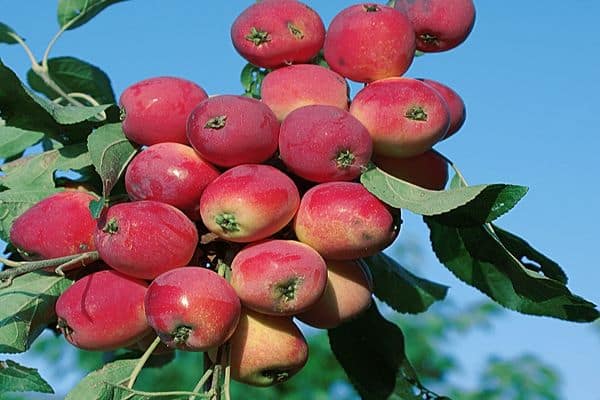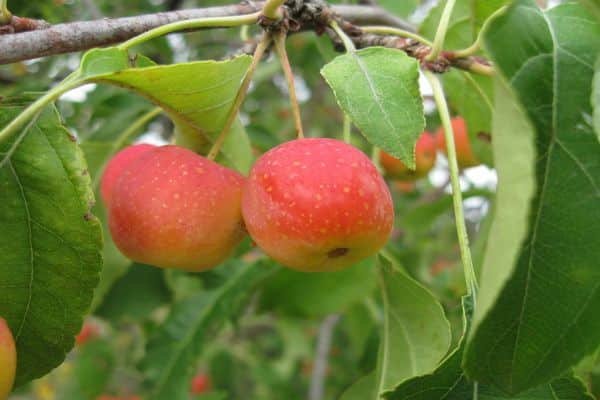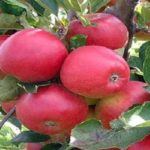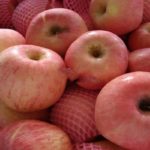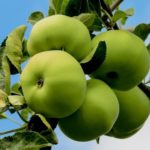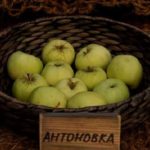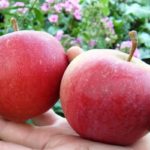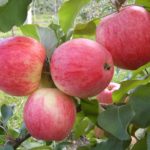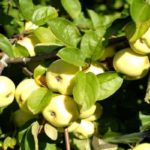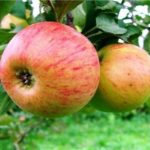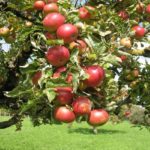The apple tree, so unusually named - Eve - will certainly remind everyone of the ancient biblical story about the first woman in the Garden of Eden who ate an apple and experienced sin. We will talk about trees growing in the gardens of Crimea and Ukraine and delighting their owners with rich harvests. It is not suitable for industrial distribution, but for gardeners it is a joy to grow this fruit tree with “paradise” fruits.
[toc]
Description of the apple tree Eva
There is not much written about apple trees of this variety on the World Wide Web. And their descriptions are brief. They:
- undersized;
- early regular fruiting;
- the productivity is high.
The apple tree was imported from Hungary and classified as a summer variety.
Its fruits are talked about more actively and colorfully: the apples are beautiful, slightly silvery, wine-sweet, weighing up to 180 grams.
They ripen in September. But even in December days you can see apples on the branches.
What are the pros and cons of the variety?
The advantages of this variety include regular and generous fruiting.
Apples tolerate transportation well.
The tree is well resistant to glassiness, a disease of apple trees that especially affects fruits that are well illuminated by the sun.
Eve can be said to be resistant to scab, but it is better if preventative measures are taken.
If we talk about the assessment of fragrant Eva apples from tasters, they are not distinguished by generosity. They are given 4.1 points out of 5 possible. But the apples are juicy, and they have a wonderful taste - sweet and sour.
It is unlikely that such a fruit tree will fully demonstrate its best characteristics in cold northern regions, but in Crimea it copes well with frost.
The disadvantage of this variety can be considered poor drought resistance. But watering, done correctly and in a timely manner, will help solve this problem.
Its fruits do not ripen at the same time, therefore it is not recommended for industrial cultivation. But for personal plots it is quite suitable.
Apple trees of the Eva variety have long found their loyal admirers among amateur gardeners in Russia and Ukraine.

